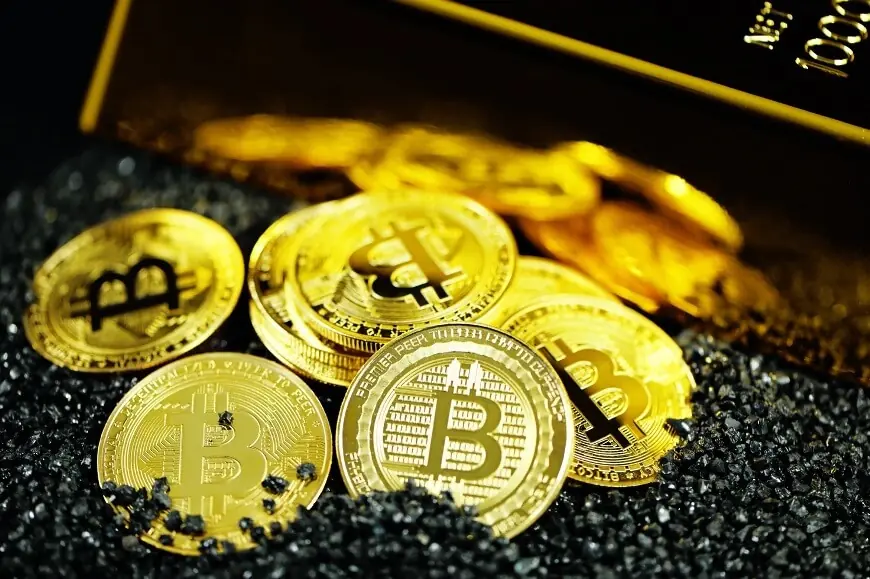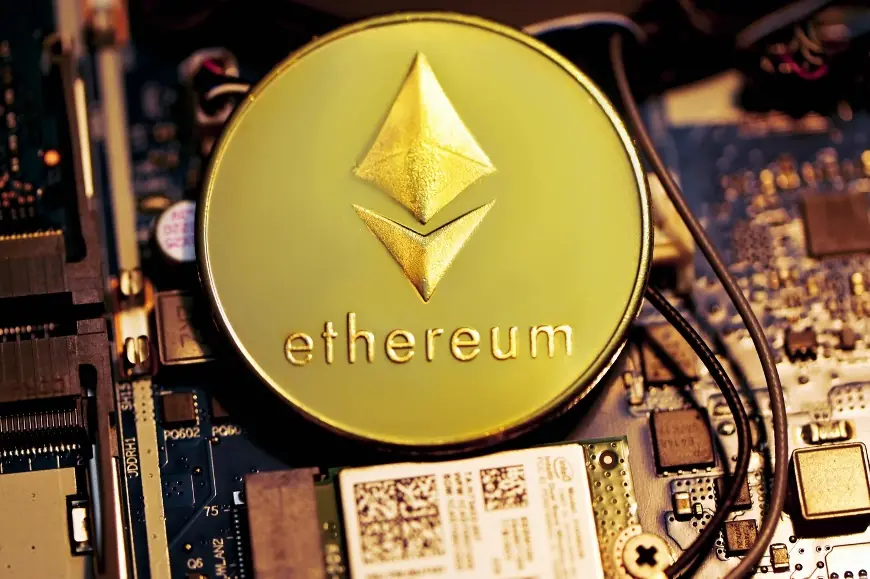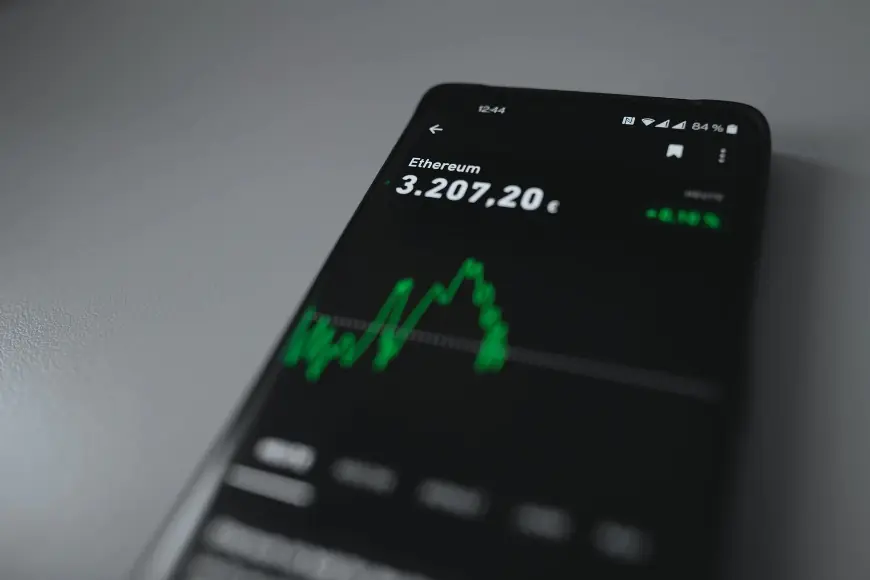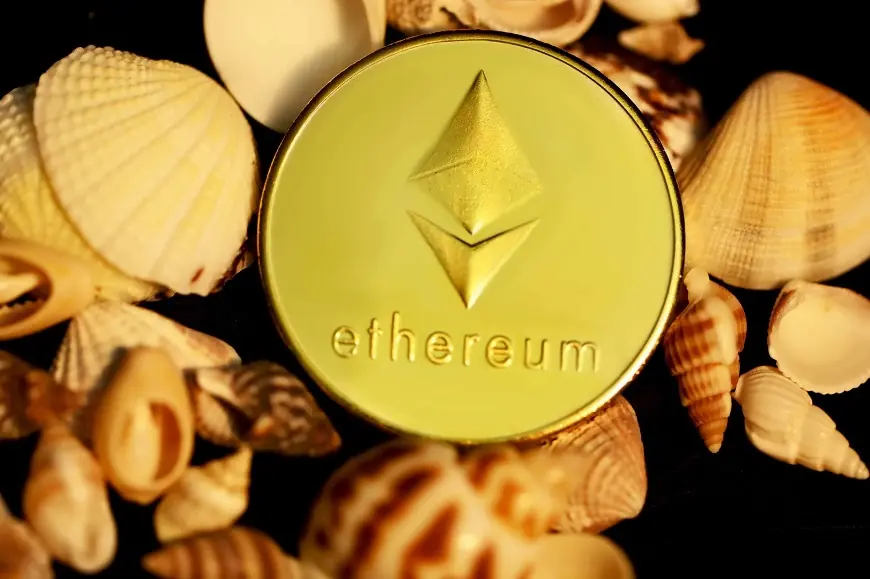
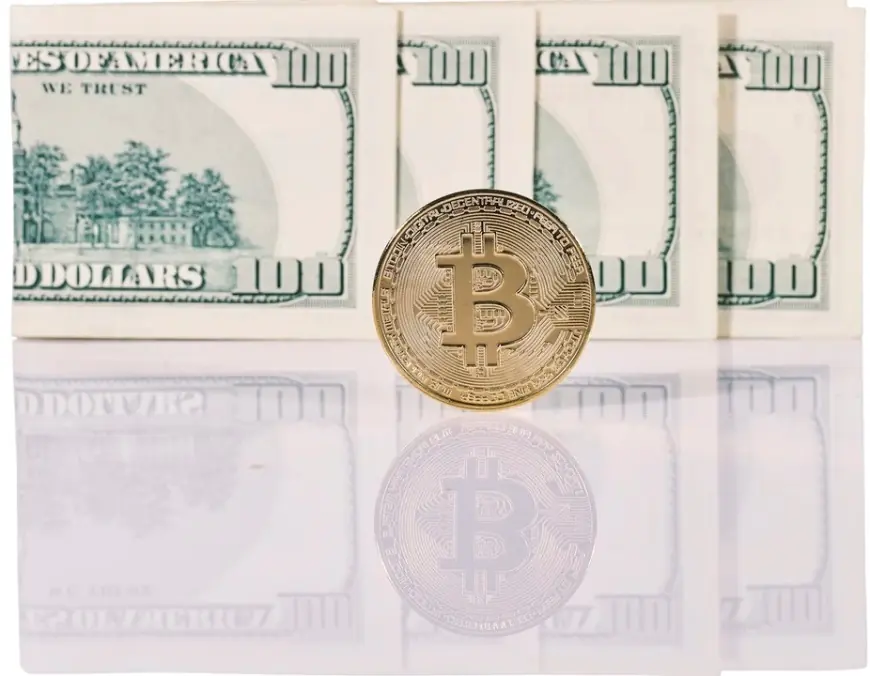
What Is the Difference Between Bitcoin and Bitcoin Cash?
Introduction
08/01/2017: The Date of Bitcoin Cash’s Separation from the Bitcoin Network
When part of a large company becomes an independent organization, the individual asset’s value is usually expected to be higher. Let’s explore if this is the case with Bitcoin Cash, how it differs from its predecessor, and what its future holds.
The main reason for the BTC network’s hard fork (a hard fork is a switch to a new protocol that can’t interface with the previous version) was the competing plans proposed by developer groups to improve the network’s protocol. Unable to reach a consensus, the network split into two.
In essence, some nodes (responsible for controlling the block chain, verifying transactions, and intervening in illegal operations) continued using the original software, while others adopted an updated version. The latter group, by launching the new software, facilitated the automatic conversion of BTC to BCH.
With this information, you now have a substantial understanding of the differences between the two assets.
The Difference Between Bitcoin and Bitcoin Cash: How Did It Happen?
In the philosophical realm, Bitcoin and Bitcoin Cash share similarities and differences. A number of Bitcoin’s creators envisioned the cryptocurrency with a greater focus on long-term prospects, namely as a store of value. Conversely, Bitcoin Cash sought to excel in transactional efficiency and short-term exchanges, hence the ‘Cash’ in its name.
Bitcoin Cash enthusiasts were concerned about the soaring demand and limited scalability of Bitcoin. As a result, its creators expanded the block size to enable more simultaneous transactions. Initially, a Bitcoin Cash block was eight megabytes, eight times larger than a Bitcoin block. By 2018, this difference quadrupled compared to Bitcoin’s block size.
The end of 2017 marked a significant milestone for Bitcoin when its price peaked at $20,000. This surge was also influenced by the emergence of other cryptocurrencies. Seemingly anticipating this success, Bitcoin Cash expanded its transaction capacity.
Another point of contention was the Node Mechanism. Bitcoin advocates preferred smaller block sizes to enable nodes to operate with fewer resources, aligning with the decentralization ethos of cryptocurrencies. On the other hand, Bitcoin Cash proponents proposed increasing block size, requiring more powerful PCs to run nodes, leading to increased centralization and ecosystem funding needs.
Bitcoin supporters believe in 2-layer protocols like the Lightning Network for scalability. Conversely, the Bitcoin Cash team argues that larger blocks make the network more conducive for multiple transactions, aspiring for Bitcoin Cash to become a ‘PayPal 2.0’ in the future.
Services like J2TX offer opportunities to buy or trade these assets, along with additional features like investing in Ethereum or purchasing special tokens issued by the platform, promising good profitability.
What Is the Difference Between Bitcoin and Bitcoin Cash?
The primary distinction between Bitcoin (BTC) and Bitcoin Cash (BCH) lies in their block size limits. BTC is capped at a 1 Megabyte block size, whereas BCH has an expanded limit of 8 Megabytes. This means a Bitcoin block can accommodate around two and a half thousand transactions, compared to Bitcoin Cash’s capacity for approximately seven thousand transactions.
Despite Bitcoin Cash’s seemingly promising capabilities, it practically remains a currency with limited support, in contrast to the more widely supported BTC.
For those considering where to invest, Bitcoin often appears as the more reliable option. There’s a risk that BCH could plummet in value, potentially relegating it to the status of a lesser-valued altcoin.
Bitcoin ownership is accessible through platforms like J2TX, which offers 24/7 services without commission fees. You can quickly purchase Bitcoin on this platform, which also provides a wealth of useful content including informative articles and answers to compelling questions. Additionally, the platform offers opportunities to earn by purchasing tokens.
What Else Differentiates Bitcoin Cash from Bitcoin?
The key distinctions between Bitcoin Cash (BCH) and Bitcoin (BTC) primarily lie in their transaction costs and processing speeds.
BTC processes 3-7 transactions per second, with each transaction costing between $5-50. In contrast, BCH can handle about 100 transactions per second, with each transaction costing only a few cents. BTC is often viewed as ‘digital gold.’ On the other hand, BCH proponents criticize this perspective and advocate for their currency. They argue that the global cash currency market, valued at $100 trillion, far surpasses the global gold market, valued at $10 trillion. Given that the cash market is approximately 10 times larger than the gold market, BCH advocates believe their currency holds greater potential for growth.
Furthermore, BCH enthusiasts point out that out of the three trillion banking transactions globally each year, three-quarters are cash transactions. The remaining are nearly equally split between card payments and other methods. This observation suggests that Bitcoin Cash, with its minimal transaction fees and faster transfer rates, is more suited for everyday transactions.
The Difference Between Bitcoin and Bitcoin Cash: The Bottom Line
In summary, Bitcoin (BTC) and Bitcoin Cash (BCH) serve distinct purposes: BTC is often viewed as a long-term investment, suitable for holding value over time, while BCH is designed as a medium of exchange for daily transactions.
The growing capitalization of the global cryptocurrency market can be partly attributed to the rise of Bitcoin and the emergence of other cryptocurrencies.
Despite these developments, BTC is expected to continue its growth trajectory, both in demand and price, which may help it overcome scaling challenges in the future. Conversely, BCH is likely to be used as a transactional currency, though it is not expected to reach the same level of popularity and demand as Bitcoin.
Visit J2TX for a straightforward experience in acquiring BTC. The platform offers competitive rates and unique tools, such as a ‘Blog’ section with valuable information for successful trading and opportunities to invest in Ethereum.
J2TX - Expertise, Simplicity, Reliability!
